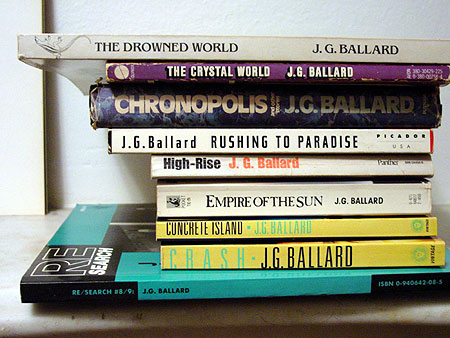"B4 the Blue" [mp3 removed]
After several years of using Cubase SE (the student, or "lite" version) I recently moved to Cubase Essential 4 as my main digital audio work area--also a lite version but with added features such as being able to add effects to audio without first rendering it and the ability to use controller curves for multiple parameters in softsynths (obviating the dreaded "midi learn"). "B4 the Blue" uses several of these features. It's not that radically different from what I've been doing but required a whole lot less steps. I do think having multiple settings changing simultaneously by using overlapping curves will affect my sound quite a bit.
There is a reverbed piano part at about :40 that I'm really happy with--it makes me think of some kind of modal, McCoy Tyner thing but my background is only listening to jazz piano, not playing it. This is the kind of stuff that makes me want to keep pushing further and further into music: discovering things that are already inside.

